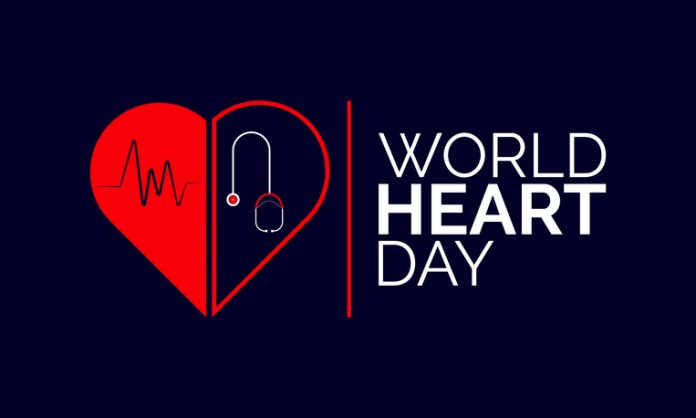Pies, snags on the BBQ, chips, lollies, alcohol and the stress of following your team are all part and parcel of this weekend’s AFL and NRL grand final celebrations. But they might not be the best things for your heart.
World Heart Day is this Friday 29 September, and our experts at the Monash Victorian Heart Institute and the Victorian Heart Hospital have all the tips and tricks to keep your heart health in check while hearts around the nation will be put to the test.
And, regardless of your gender, don’t forget to get a heart health check!
Dr Michael Houghton, Research Fellow in Molecular Nutrition, Monash University Department of Nutrition, Dietetics and Food and Victorian Heart Institute talks about processed food.
“Eating processed foods that are high in fat and refined carbohydrates can cause short-term stress on the body. Including these foods in your diet every day will increase your risk of cardiovascular disease and type 2 diabetes.
“Occasional inclusion is okay, so you should enjoy yourself this Grand Final weekend. Having said that, we have done a lot of research into the foods that may reverse this risk. Based on this, my tips would be to drink 3-4 cups of tea and/or coffee daily, have onions with your snags and try to snack on berries, nuts and dark chocolate instead of chips and lollies.” Dr Houghton says.
Dr Hui-Chen Han, Cardiologist and electrophysiologist, Victorian Heart Hospital and Victorian Heart Institute covers alcohol and cardiac conditions.
“With two Grand Finals approaching, many people around the country will be having parties, celebrating (and some commiserating). As part of these activities, it is important to remember our own heart health.
Excess alcohol is known to cause certain cardiac conditions such as cardiomyopathy and atrial fibrillation and should be enjoyed occasionally and in moderation. Maintaining adequate water intake on the day is also vital to avoid dehydration and fainting, particularly as the weather will be warm.
“Even world class athletes can develop heart conditions. For example, some people are born with an extra electrical circuit in the heart. Under the right circumstances, this extra circuit activates and can cause palpitations and lightheadedness. In extreme instances, this can also lead to cardiac arrest. If you have palpitations, particularly recurrent or long-lasting episodes, it is important to have a check-up with your GP.
“I’d also encourage people to familiarise themselves with CPR and the use of an AED (automated external defibrillator). We’ve all seen video clips of elite sportspeople collapsing on the sporting field, and being resuscitated. If this occurs in a community event, it is up to us to provide potentially life-saving assistance.” Dr Han says
Merran Blair, Lecturer, Monash University Department of Nutrition, Dietetics and Food gave different food options.
“We all want to enjoy our food, and eating socially during footy finals is all part of the fun. However, we might not feel so great after a full day of not-so-nutritious snack foods and pies.
“Try to take care of your body by including some nourishing options. If you are having a BBQ, try adding corn, onion and tomato, and have some salads to serve with your meats. You can also try lower fat kangaroo sausages as an option. If you are preparing snack foods, think about including a fruit platter and some veggie sticks along with your chips, crackers and dips.
“If you are out and having pies or hotdogs, try to make your next meal more balanced. Most importantly, try to pay attention to what you are eating. Do not just keep eating out of habit, make sure you are aware of what you are doing and actually enjoying your food. It is also a good idea to keep hydrated and keep alcohol intake to moderate levels. Try alternating alcoholic drinks with soda water or something similar.” Ms Blair says.







